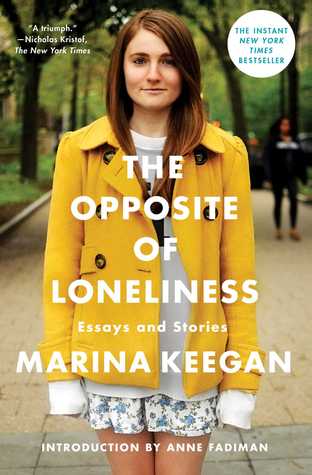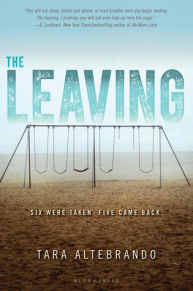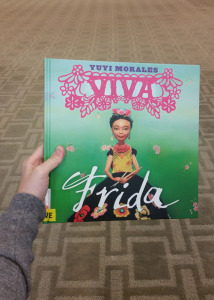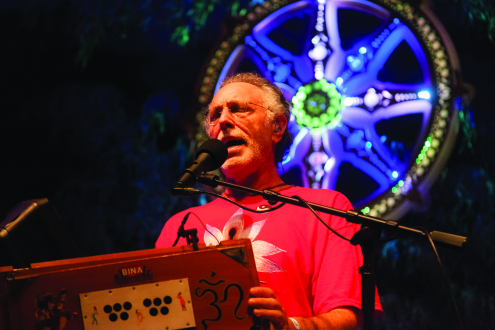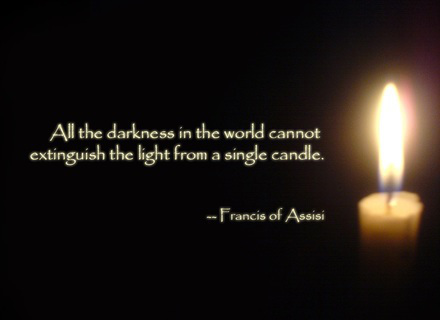 This morning the author and editor Diana Athill was interviewed on the Today programme for her 100th birthday. Happy Birthday to Ms Athill!
This morning the author and editor Diana Athill was interviewed on the Today programme for her 100th birthday. Happy Birthday to Ms Athill!
One of the things that she mentioned was her first memory of falling into a puddle and being hauled out again. It set me musing on my own earliest memories. I can think of several, and because we moved house two weeks after my 4th birthday I can accurately date myself as being three or even two years old at the time.
Most of those images involved getting into trouble with Mother. And most often came out of trying to keep up with two elder brothers (then aged seven and nine) who did not want their tiny little sister to tag along in the first place.
Memory 1/ Throwing a monumental hissy fit because I could see my brothers building a snowman in the garden. I clearly recall standing in my cot and shaking the bars, whilst my mother stood at the sink washing up. (Cot was in the kitchen because I was ill and the kitchen was heated overnight by the Aga stove.)
 Memory 2/ Crouching in the mud, with the younger of those brothers, at the edge of the duck pond; situated just opposite the farm cottage where we then lived. We were sailing little plastic boats that had been free gifts in cereal packets, and we were having a great time. But… going outside the gate was forbidden of course. Going near the pond doubly so. When Mother caught up with us we were not popular. (Conversely Mother wasn’t too popular with us because we’d been having a lot of fun.)
Memory 2/ Crouching in the mud, with the younger of those brothers, at the edge of the duck pond; situated just opposite the farm cottage where we then lived. We were sailing little plastic boats that had been free gifts in cereal packets, and we were having a great time. But… going outside the gate was forbidden of course. Going near the pond doubly so. When Mother caught up with us we were not popular. (Conversely Mother wasn’t too popular with us because we’d been having a lot of fun.)
 Memory 3/ Standing alone in the grain store (another forbidden destination) in a thunder-storm all alone. My darling brothers had left me there after first telling me that thunder was made by lions on the roof looking for somebody to eat. (Yup… that’s brothers for you.)
Memory 3/ Standing alone in the grain store (another forbidden destination) in a thunder-storm all alone. My darling brothers had left me there after first telling me that thunder was made by lions on the roof looking for somebody to eat. (Yup… that’s brothers for you.)
The thing that I have to ask myself next is how accurate are those memories? They are very clear in my mind. Not merely as images but also as vehicles for the emotions invoked at the time; anger, frustration and fear respectively.
 Yet, as a discussion with another writer recently showed, our recall can be defective. She used a memory of her own the draft for a story in which her main character was listening to a particular record in a specific year. When she checked the dates for her final draft she realised it was impossible because that particular track did not appear for another two years. Not a false memory as such, more a case of the record being so evocative of an important period in her life that is felt like a perfect recall. The way in which music can and does evoke powerful emotions is another issue altogether.
Yet, as a discussion with another writer recently showed, our recall can be defective. She used a memory of her own the draft for a story in which her main character was listening to a particular record in a specific year. When she checked the dates for her final draft she realised it was impossible because that particular track did not appear for another two years. Not a false memory as such, more a case of the record being so evocative of an important period in her life that is felt like a perfect recall. The way in which music can and does evoke powerful emotions is another issue altogether.
Memory is a strange thing and often proves to be inaccurate. There have been many scientific papers in Scientific American and other publications on the accuracy of eyewitness accounts in trials and how people’s own background and biases can and do affect the way in which they process recall of events and perpetrators of crimes, which is something any crime writer needs to be aware of.
We all ‘think’ that we recall X or Y so vividly, but if it’s possible to check it’s often a memory influenced by so many other factors. Writers draw on memories a great deal, whether consciously or not, and those experiences are what make their fiction a far richer mix.
My own examples of recall are probably based on actual events but I have no idea how truly accurate they are from this distance. I have to assume they happened because I have no way of checking them.
And is there a point of all this waffle? Two in fact. ‘Beware of the false recall’ and ‘research is our friend’.
Advertisements Share this:- More

